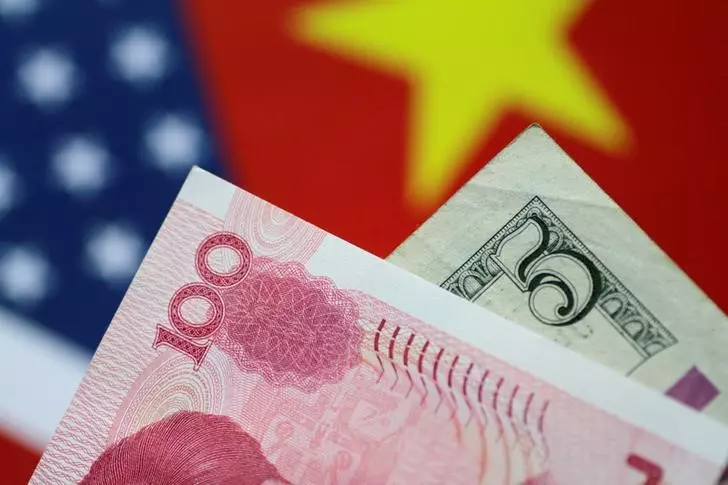Currency Dynamics: The US Dollar’s Strength and Global Economic Impacts
On Thursday, the US dollar experienced a modest decline, yet it remains anchored near its two-year pinnacle as it…

On Thursday, the US dollar experienced a modest decline, yet it remains anchored near its two-year pinnacle as it…

The Asian currency landscape is currently experiencing notable fluctuations as market participants adjust their positions in light of impending…

The Asian currency market is exhibiting signs of caution as investors take a wait-and-see approach ahead of impending interest…

Brazil’s economic landscape has recently been rocked by a series of events that highlight the tension between government policy,…

As the global financial markets grapple with prevailing uncertainties, Asian currencies have recently exhibited a tendency to depreciate. This…

In recent months, the Iranian rial has continued its downward spiral, reaching unprecedented lows against the U.S. dollar. The…

In a notable turn of events, the US dollar experienced an upswing on Friday, positioning itself for a potentially…

The recent decision by the European Central Bank (ECB) to lower interest rates by 25 basis points has sent…

The landscape of Asian currencies has been notably dynamic as pertinent economic indicators from the United States and developments…

On a relatively stable day in the foreign exchange market, the U.S. dollar held its ground, barely shifting after…